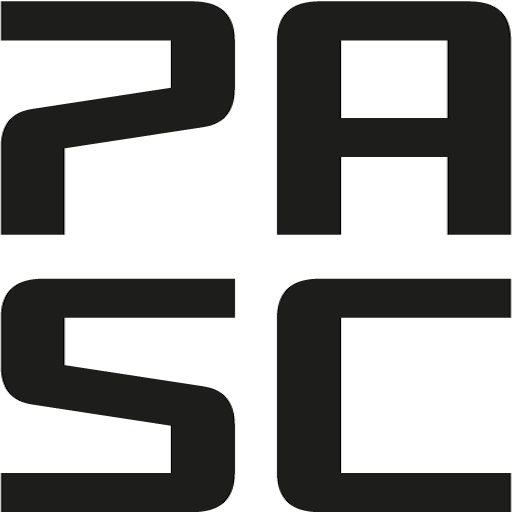A minisymposium is a two-hour session of four presentations (or three presentations and an open discussion) on a topic of significant interest to the given scientific domain, ideally having potential application in other domains. Minisymposia are an ideal platform for promoting interdisciplinary communication. Speakers should bring a range of different perspectives to the topic and come from multiple institutions and countries. The PASC Conference encourages gender balance and diversity. Proposals that address aspects emphasizing the theme of PASC23: “Computing Across Scales, Domains, and Communities” are particularly welcome.
The minisymposium submission for PASC23 is a two-stage process:
- An expression of interest, where only a description of the proposed minisymposium (abstract) and a list of potential speakers with relevant expertise are required.
- The expressions of interest will be evaluated, and a subset of them will be invited to submit a fully-fledged proposal.
Guidelines for minisymposia and conference participation terms are available here.
The review process will consider the relevance and timeliness of the proposed topic, as well as overall program balance. Submitted contributions will be reviewed by the conference minisymposia and posters program committee.
Minisymposia and Posters Program Committee
- Hartwig Anzt (University of Tennesse/KIT, US)
- Ramesh Balakrishnan (Argonne National Laboratory, US)
- Laura Biven (National Institutes of Health, US)
- Stéphane Bordas (Université du Luxembourg, Luxembourg)
- Alice Cicirello (TU DELFT, Netherlands)
- Hannah Cohoon (University of Utah, US)
- Emanuela Del Gado (Georgetown University, US)
- Erik Draeger (Lawrence Livermore National Lab, US)
- Samuel Hatfield (ECMWF, UK)
- Caroline Jay (The University of Manchester, UK)
- Jean-Paul Kneib (EPFL, Switzerland)
- Sarah Knepper (Intel Corporation, US)
- Marina Krstic Marinkovic (ETH Zurich, Switzerland)
- Erik Lindahl (Stockholm University, Sweden)
- John Linford (NVIDIA, US)
- Yan Liu (Oak Ridge National Laboratory, US)
- Hatem Ltaief (KAUST, Saudi Arabia)
- Mathieu Luisier (ETH Zurich, Switzerland)
- Paris Perdikaris (University of Pennsylvania, US)
- Benjamin Pritchard (Virginia Tech, US)
- Elaine Raybourn (Sandia National Laboratories, US)
- Ryan Richard (Iowa State University, US)
- Raul Rodriguez-Esteban (Roche Pharmaceuticals, Switzerland)
- Jibonananda Sanyal (National Renewable Energy Laboratory, US)
- Timofei Sukhodolov (World Radiation Center, Switzerland)
- Gerhard Wellein (FAU, Germany)
- Ulrike Yang (Lawrence Livermore National Lab, US)
- Rio Yokota (Tokyo Institute of Technology, Japan)
SUBMISSION DEADLINES
- 13 November 2022: Deadline for expressions of interest
- 12 December 2022: Decision notifications (invitations to submit full proposals)
- 15 January 2023: Deadline for full submissions
- 15 February 2023: Acceptance notifications
- 15 March 2023: Deadline for abstracts from presenting speakers
